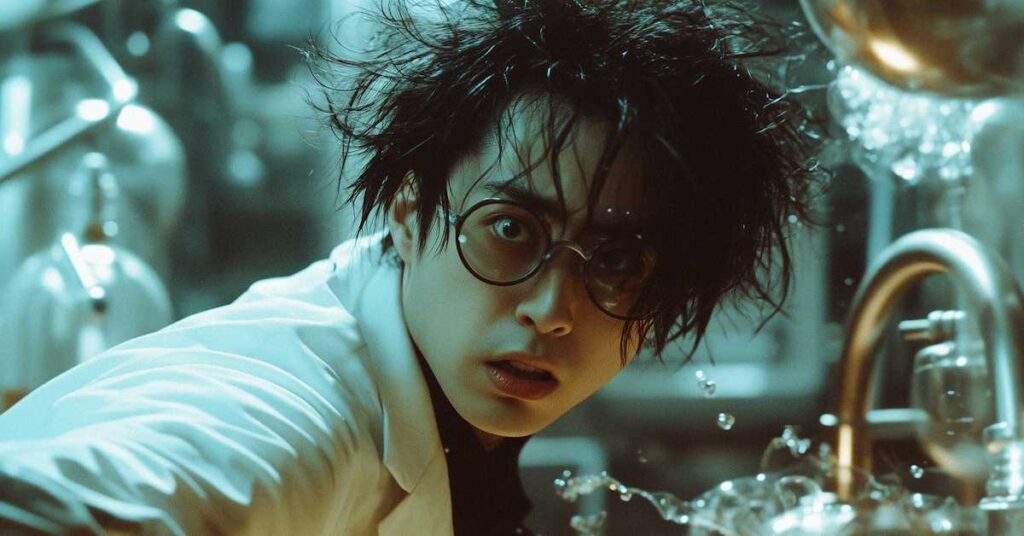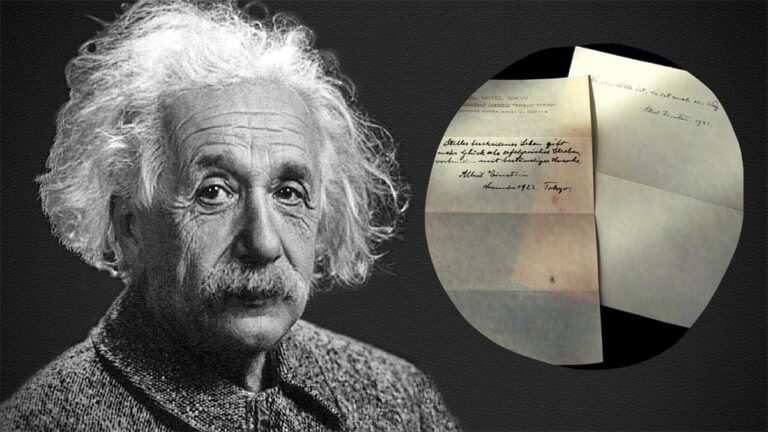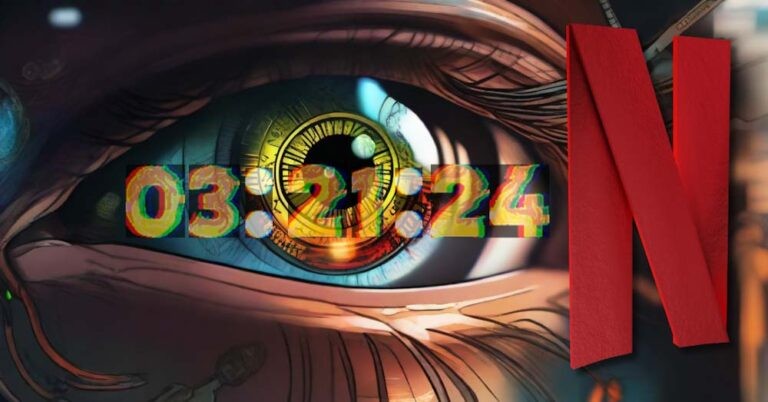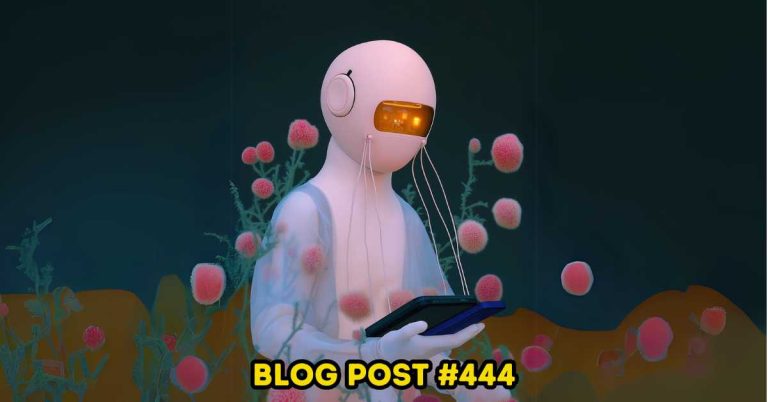
Failure is often perceived as negative. However, some argue that there is no such thing as bad publicity. After all, people still hear about you and your product, and not everyone views your failure in a negative light.
Just consider Trump. Despite being surrounded by a great deal of negative publicity, he is arguably viewed as one of the most successful individuals globally, currently serving as President of the USA for a second term.
You might ask how this applies to other aspects of life, such as in the case of Sean John Combs, known by his stage names Diddy, Puff Daddy, or P. Diddy. His reputation is tarnished, and for very good reasons. However, as one door closes, another opens. In his case, he can finally see the damage he has done and now has the opportunity to repent for his negative actions. Whether this happens remains to be seen, but it would arguably be beneficial for Sean Combs and the world overall.
This is, of course, just an example. As I always say, we must look for something positive in any negative event and something negative in positive events. This concept is known as the duality of life—the yin and yang, expansion and contraction, and the impermanence of the universe. It is the fundamental basis of the theory of happiness, which we need to embrace to live full, fulfilled, and happy lives.
As such, much unhappiness is caused when we resist the flow of the river of life—pain that can be avoided if we simply accept life as a river and go with its flow, no matter where it takes us. Of course, we don’t want to be at the mercy of our circumstances, and we can take steps to improve our situation. However, many people constantly fight against the flow of life (they are not in the flow), which is arguably why there is so much negativity in life.
For example, people say, ‘I want to be president, but I’m not,’ and so they suffer. Similarly, they might want to be married, or divorced, to have children or not to have children, to eat more or to eat less, to party more or to work more, and so on. Often, they want everything and zero negative emotions, which, of course, is unrealistic.
And so when the river of life takes them where they don’t want to go, even for a second, they suffer. They also suffer over the past river flows and future anxieties about being where they don’t want to go.
However, in Buddhism, the concept of karma states that things happen to us for a reason. Often, we need to confront our demons (karma), we receive things equivalent to the level of vibration we are at, there is impermanence, meaning that nothing will ever remain in one exact state. Momentary pleasure will never last, which is also true for pain.
And so, to win in life, we need to see life as a series of battles, where some we lose, some are learning experiences, and some are the steps we just need to take before we reach where we want to be. For example, we might need to take out the garbage, but we don’t want to do it, as in an ideal world, we would never do anything we don’t want to do. Here, someone’s day is already ruined because they have to take out the garbage, because they broke a nail, or something similar.
Similarly, we can lose many of life’s battles and still win the overall war. Some people say that we only need to win once, such as in dating. We can face a lot of rejection, but finally, when one right person says “yes,” we win. This plays into the whole learning curve. As the library of self-help books suggests, we need to see failures as learning experiences that take us forward.
For example, when we were young, we didn’t know how to walk or talk, but now virtually every person in the world knows how to do both, with some people speaking multiple languages. Everything in life contributes to a process of growth and a series of failures that take us forward toward eventual success.
Overall, if you see life from the perspective of one door closing and another opening, you will always win, as your happiness will be virtually guaranteed. This is ultimately the secret behind Optimal Happiness, the learning curve that helps us reach our happiness potential and live our best lives. To learn more about Optimal Happiness and our courses, continue reading this blog or join our coaching program.
Stay happy and fail forward!















5 thoughts on “How to Fail Successfully: To Fail Forward”
True, even the bad product is remembered
Failing forward is a very useful concept, Dr David Burns advocates it strongly too!
I love this phrase/concept. We must all understand that it is in our failures that we can grow and become more. Forward Failure is a more accurate description of failure, as to fail means to gain knowledge of how to move forward with our current limitations and abilities.
I really like how you describe failure as part of the path to success. For me, life has shown again and again that when one door closes, another really can open – even if it doesn’t feel that way in the moment.
Your words about the “river of life” resonate with me. I’ve had times when I fought the current and only found exhaustion, and times when I let go and trusted where it would take me – those moments often led to the most unexpected and meaningful places.
I also agree that both joy and pain are temporary, and that accepting this makes it easier to breathe through the harder days. Thank you for putting it so clearly.
/ Malix.se
Beautiful Malix. Another metaphor that works for me is one of eternal dance: imagine that there is a universe constantly playing different songs, and we are constantly dancing. But sometimes we aren’t dancing to the rhythm of the songs—this is when we are suffering. Oppositely, if, regardless of whether the music becomes fast or slow, hardcore metal or classical, we are able to go with the flow, then we will ultimately be good. I should add this to this blog post :)